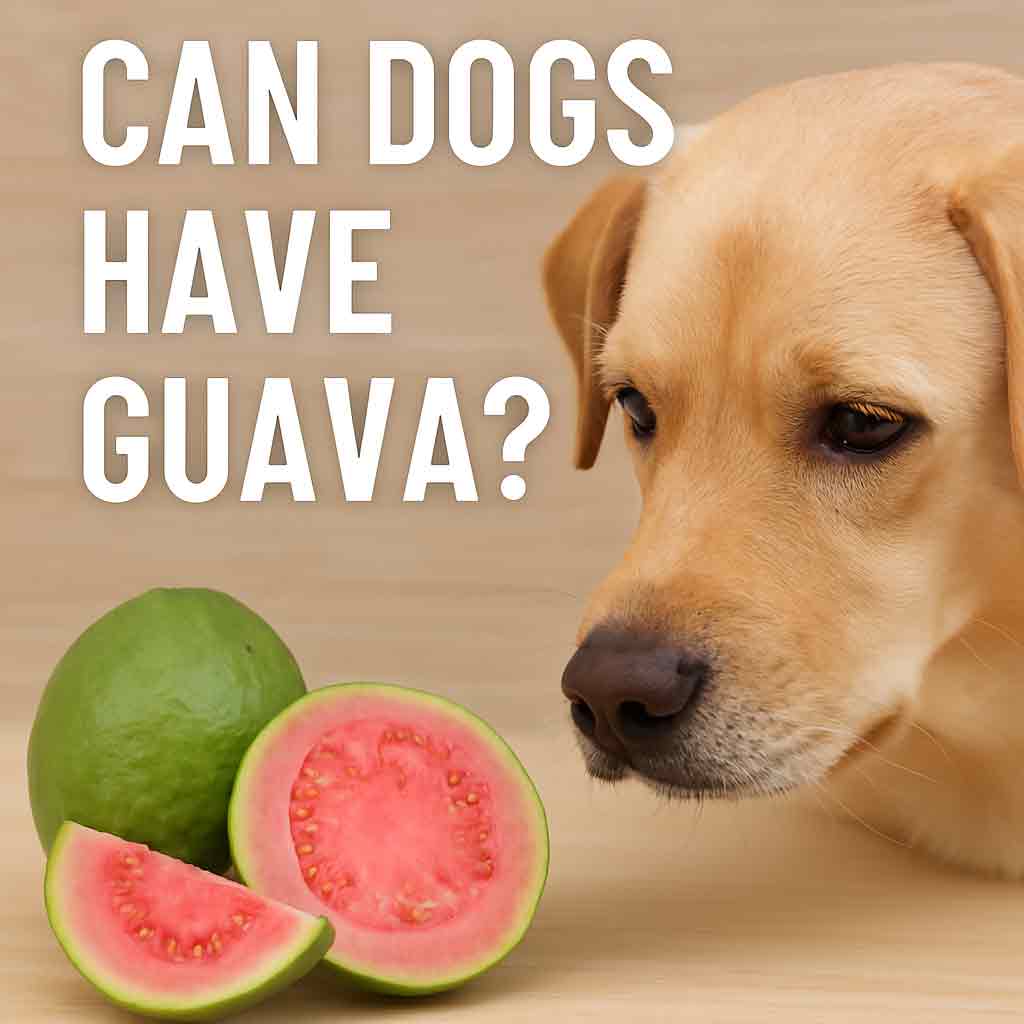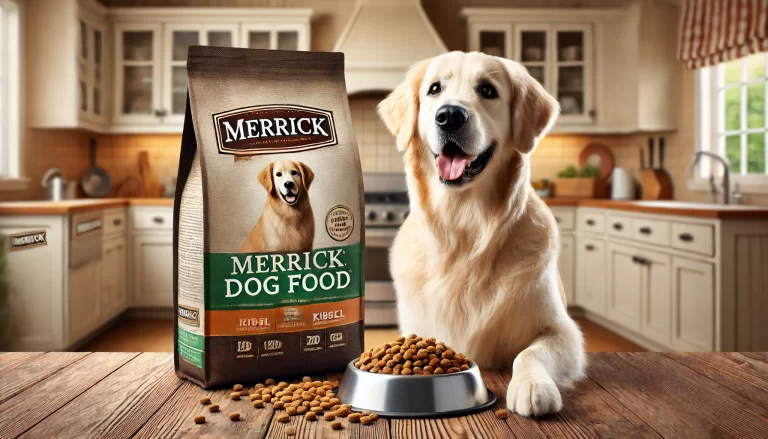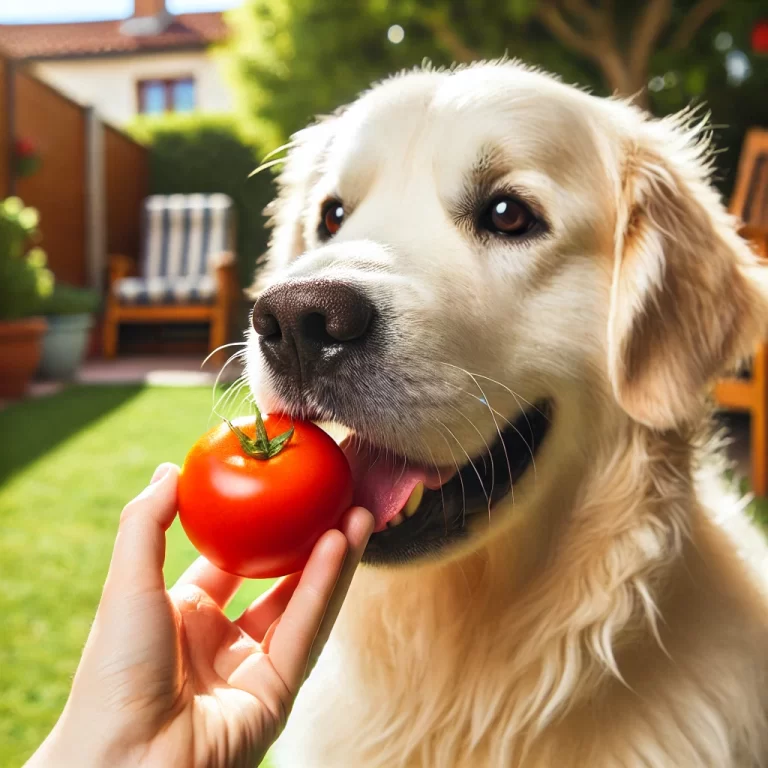Can Dogs Have Guava? Benefits, Risks, and How to Feed It Safely
Table of Contents
- 1. Introduction
- 2. Is Guava Safe for Dogs?
- 3. Nutritional Benefits of Guava for Dogs
- 4. Potential Risks of Feeding Guava to Dogs
- 5. Types of Guava Dogs Can Eat
- 6. How to Prepare and Serve Guava
- 7. How Much Guava Can Dogs Eat?
- 8. Can Puppies Eat Guava?
- 9. Dog-Friendly Fruit Alternatives
- 10. Veterinarian Recommendations
- 11. Frequently Asked Questions
- 12. Final Thoughts
- 13. Key Takeaways
1. Introduction
As pet parents, we always want to share tasty and healthy treats with our dogs. But when it comes to fruits like guava, you might wonder: Can dogs have guava? In this article, we’ll explore whether guava is safe for dogs, its benefits, potential side effects, and how to feed it properly.
2. Is Guava Safe for Dogs?
Yes, guava is safe for dogs to eat in moderation. However, not all parts of the fruit are equally dog-friendly. The flesh is safe and nutritious, while the seeds, skin, and excess sugar can pose risks if not handled properly.
3. Nutritional Benefits of Guava for Dogs
Guava is packed with vitamins and nutrients that can benefit your dog’s health, including:
- Vitamin C: Supports immune health and acts as an antioxidant
- Fiber: Aids in digestion and gut health
- Potassium: Helps regulate heart function and muscle activity
- Vitamin A: Promotes healthy skin and vision
- Lycopene: An antioxidant that may reduce inflammation
4. Potential Risks of Feeding Guava to Dogs
Although guava offers health benefits, there are a few risks to be aware of:
- Seeds: Can be a choking hazard or cause intestinal blockage
- High sugar content: Can contribute to weight gain or affect diabetic dogs
- Skin: May be difficult to digest for some dogs and could cause mild stomach upset
- Overfeeding: Too much fruit can lead to diarrhea or gastrointestinal issues
5. Types of Guava Dogs Can Eat
There are several varieties of guava, and most are safe in small amounts:
- Apple guava (common guava): Most widely available and dog-safe
- Strawberry guava: Sweet but should be given in very small portions
- Pineapple guava: Less common but generally safe for dogs
Always remove the seeds and skin regardless of the type.
6. How to Prepare and Serve Guava
To safely serve guava to your dog, follow these tips:
- Wash the fruit thoroughly to remove pesticides or chemicals
- Peel the skin and remove all seeds
- Cut the flesh into bite-sized pieces
- Serve fresh and plain—no added sugar or seasonings
7. How Much Guava Can Dogs Eat?
Portion size depends on your dog’s size and dietary needs:
- Small dogs: 1–2 small pieces once or twice a week
- Medium dogs: 2–3 small pieces
- Large dogs: Up to 1/4 cup
Introduce slowly to monitor for allergies or digestive reactions.
8. Can Puppies Eat Guava?
Yes, but with extra caution. Puppies have sensitive digestive systems. Start with a tiny piece and observe for any reactions such as upset stomach or changes in stool. Avoid giving guava to puppies under 3 months of age.
9. Dog-Friendly Fruit Alternatives
If your dog isn’t a fan of guava or you want to offer more variety, try these safe fruits:
- Blueberries
- Apples (no seeds or core)
- Bananas
- Watermelon (seedless)
- Strawberries
10. Veterinarian Recommendations
Veterinarians generally agree that guava is safe in small amounts for healthy dogs. However, they stress the importance of moderation and watching for digestive reactions. Always consult your vet if your dog has existing health conditions, especially diabetes or obesity.
11. Frequently Asked Questions
Can dogs eat guava seeds?
No. Seeds can be a choking hazard and should always be removed.
Is guava good for dogs with diabetes?
It’s best avoided or used with extreme caution due to sugar content.
Can dogs eat guava leaves?
Not recommended. There’s limited research on their safety for dogs.
12. Final Thoughts
Can dogs have guava? Yes—when offered in small, seedless, and skinless portions. Guava can be a sweet, nutritious treat packed with vitamins and fiber. As with all fruits, moderation and preparation are key. Monitor your dog’s response and always prioritize their overall dietary balance.
13. Key Takeaways
- Dogs can eat guava, but it must be seedless and skinless
- Rich in vitamins A and C, fiber, and antioxidants
- Feed in moderation to avoid digestive upset
- Always consult your vet before adding new foods
- Choose fresh, plain guava over processed or sugary versions







